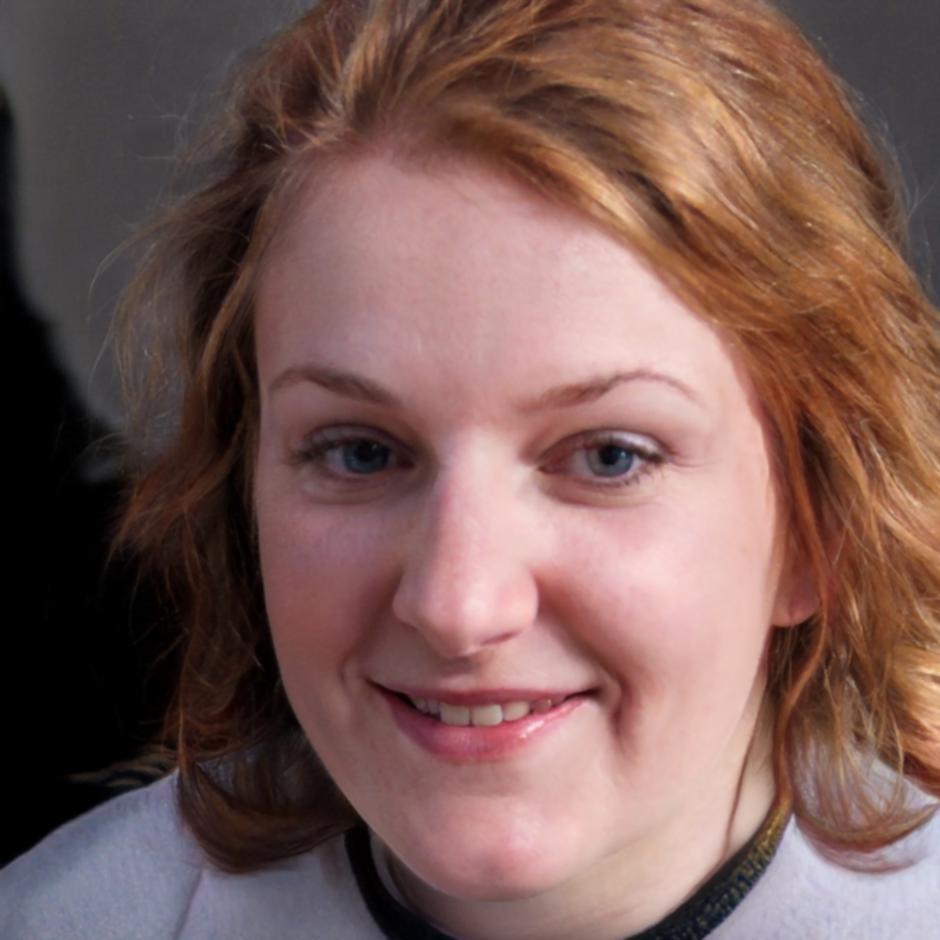Building Something Different
Back in 2020, I watched a colleague lose 40% of his portfolio in three weeks. Smart guy, engineering background, but he'd bought into three companies without reading a single annual report. When I asked him about their debt levels, he looked confused.
That conversation stuck with me. Hong Kong's retail investors were drowning in noise – stock tips from taxi drivers, WhatsApp groups full of "hot picks," endless YouTube channels promising quick profits.
What We Actually Do
We teach people to read financial statements like detective stories. Every number tells you something about management decisions, market position, and future prospects.
Our approach is methodical. We start with understanding what a company actually does – not the hype, but the business model. Then we dig into their competitive position, financial health, and growth prospects.
It's slower than momentum trading, sure. But our students make decisions based on evidence, not emotions.






